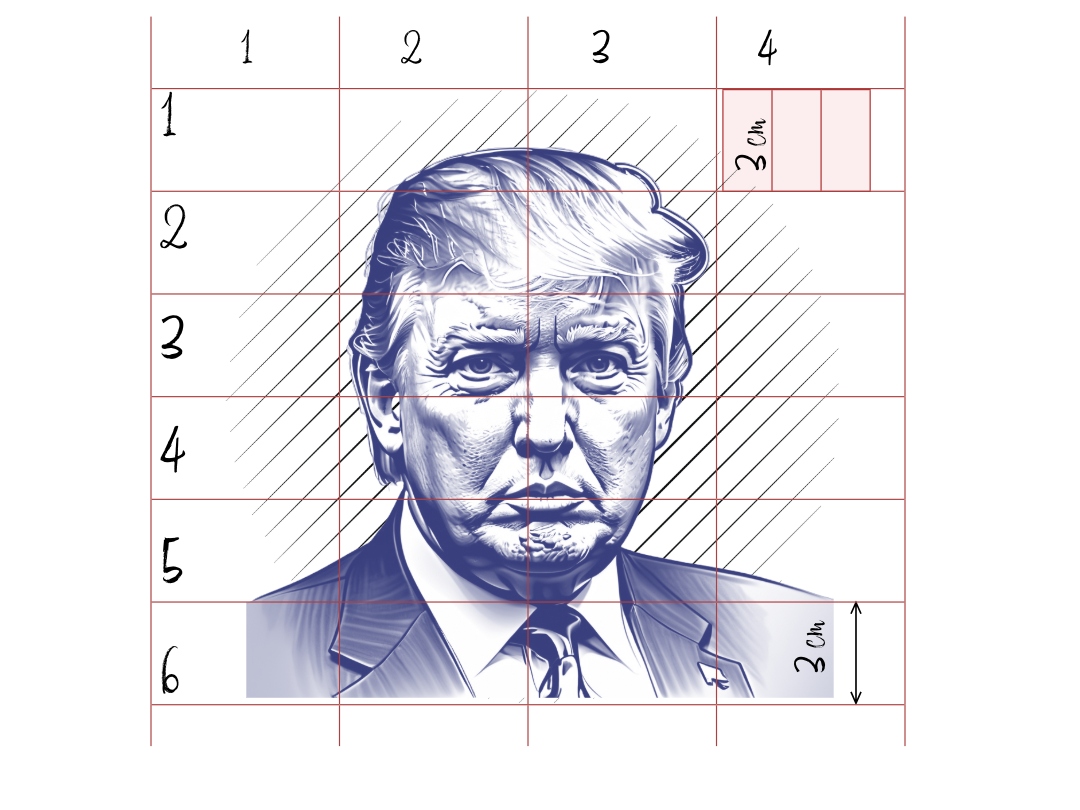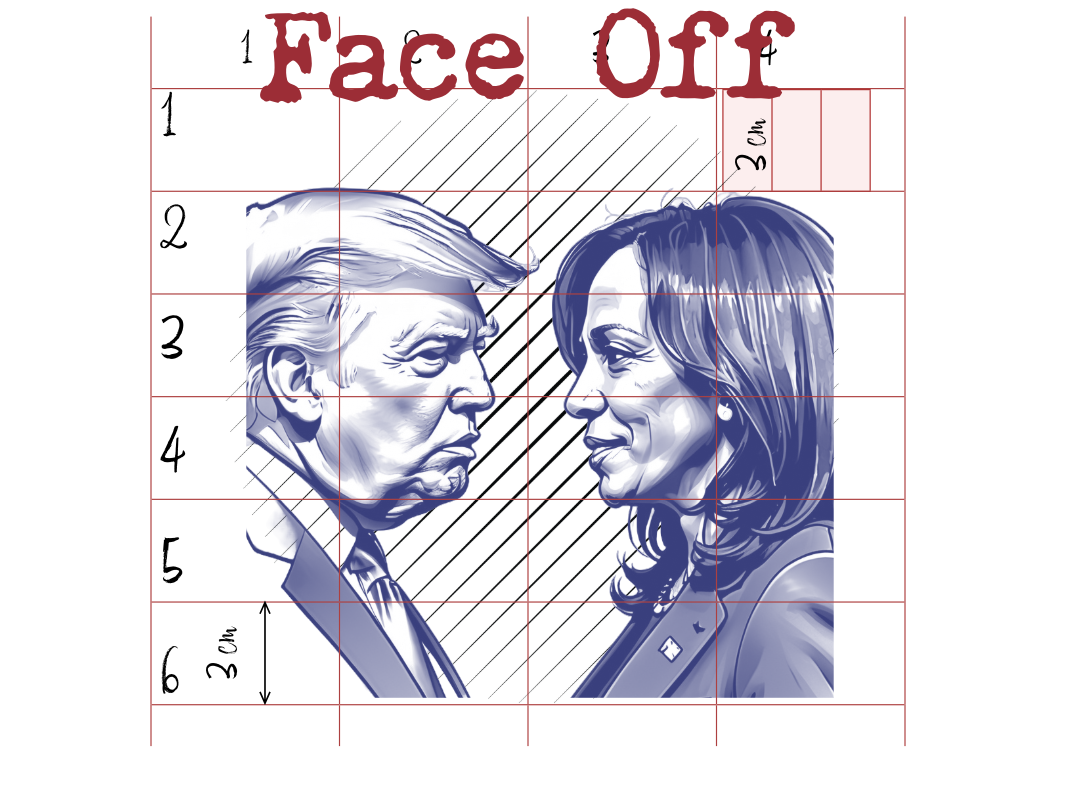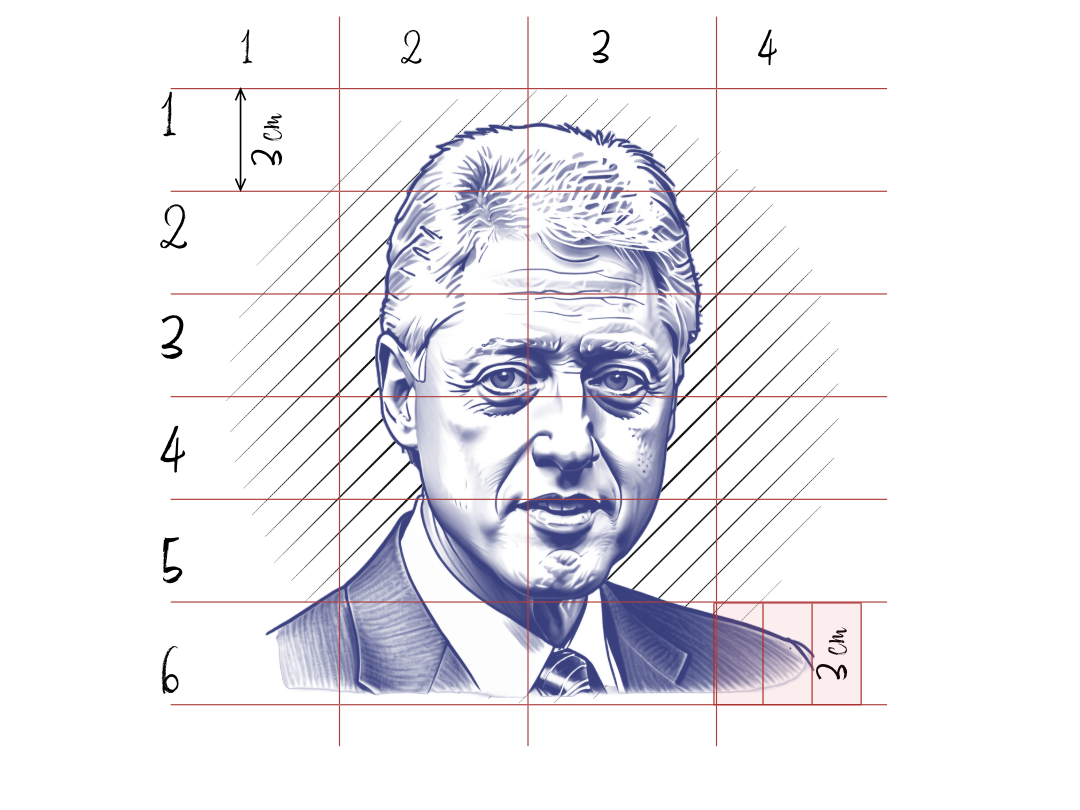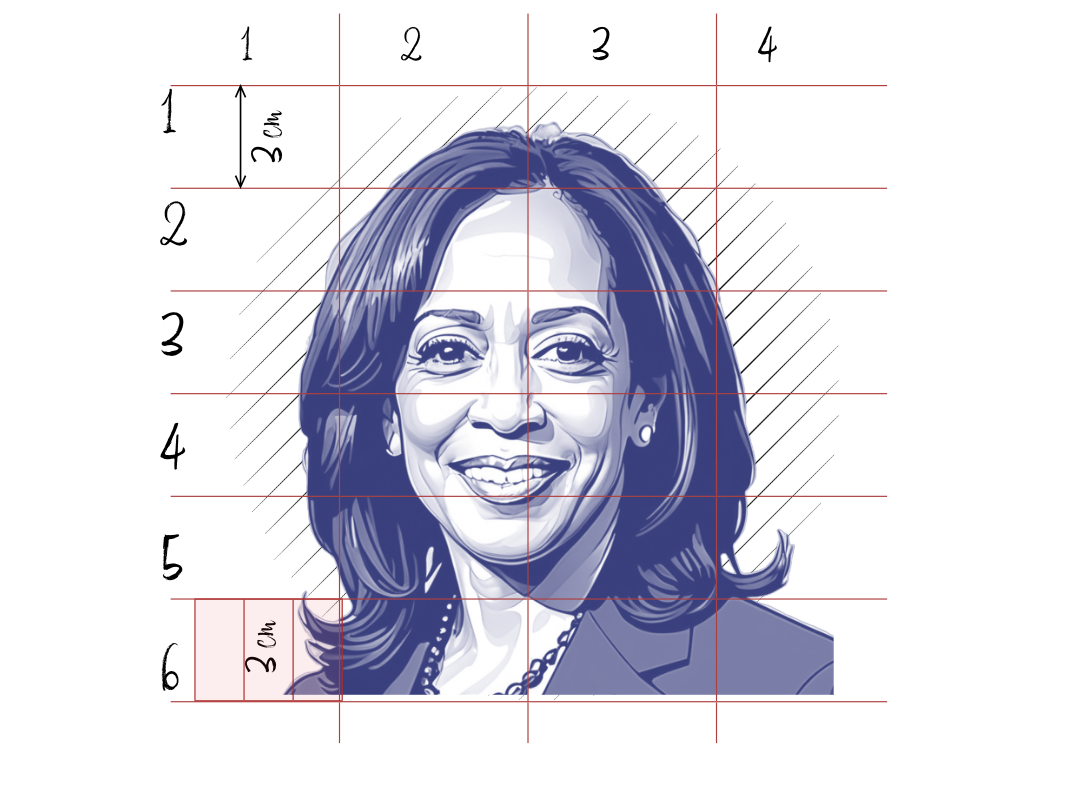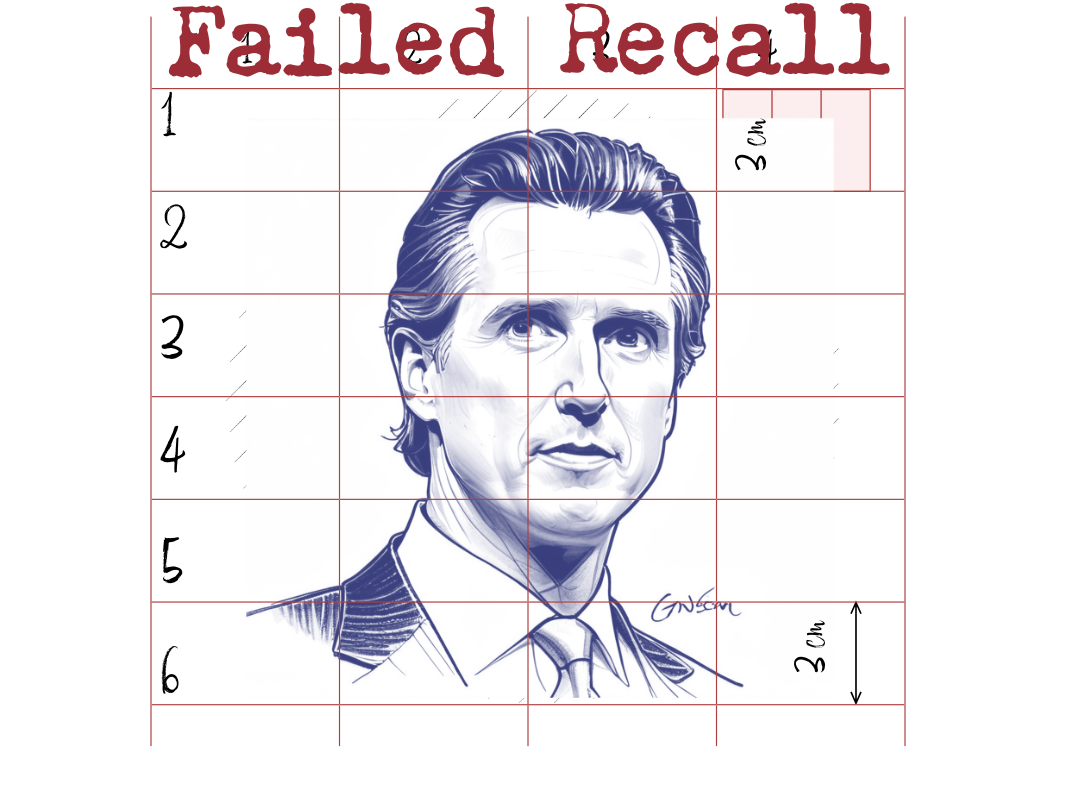The 2003 California Recall
A Political Showdown That Reshaped the State
November 11, 2024
The 2003 California recall election is a fascinating example of direct democracy, political upheaval, and celebrity-driven politics. It was a rare, high-profile instance in which an elected official, Governor Gray Davis, was recalled from office, and the contest became a spectacle that captivated not only California voters but the entire nation. This analysis will explore the key factors leading to Davis's recall, the dynamics of the election itself, the role of Arnold Schwarzenegger in the race, and the broader political context.
The Political and Economic Context Leading to the Recall
Economic Mismanagement and Budget Crisis
The primary impetus for the recall campaign was the dire state of California's economy under Governor Gray Davis's leadership. By 2003, California was grappling with a $30 billion budget deficit, which was exacerbated by the state's energy crisis. In 2000 and 2001, California faced rolling blackouts and soaring electricity prices, which were partially the result of market manipulation by energy companies. Davis's handling of the crisis was widely criticized, as the state was forced to enter into long-term contracts that many felt were unfavorable (Haroun, 2021).
Additionally, Davis’s second term as governor was marred by his imposition of unpopular measures, such as tax increases and a car tax that alienated many voters. By the time the recall effort gained significant momentum in 2003, Davis's approval rating had plummeted to an abysmal 26%, with 73% of Californians disapproving of his leadership (Haroun, 2021).
Corruption Allegations and Ethical Lapses
Davis also faced accusations of corruption and ethical lapses. Critics pointed to his cozy relationships with special interests, especially in the areas of campaign finance and regulatory oversight. For example, environmentalists were outraged by Davis’s approval of projects that allegedly benefited big donors at the expense of California’s natural resources (The Union, 2003).
The combination of economic mismanagement, ethical controversies, and unpopularity led to widespread dissatisfaction with Davis, both within his own party and among Republicans. In fact, the recall effort was initially spearheaded by Ted Costa’s anti-tax organization, the People's Advocate, which charged Davis with financial irresponsibility and dishonesty about the state's fiscal health (PBS, 2003).
The Recall Process and Legal Framework
The Recall Mechanism
California’s unique recall system allows voters to remove a sitting governor before the end of their term if enough signatures are gathered. In this case, the recall effort was triggered by the submission of 1.3 million valid signatures, far exceeding the 897,158 required (PBS, 2003). The recall law, rooted in a 1911 initiative, also required that the recall election include a second question asking voters to select a replacement candidate. This feature of California's recall process was critical to the outcome, as it created a scenario in which voters could simultaneously vote to remove Davis and select a new governor from a list of candidates.
Opposition to the Recall
Despite the overwhelming support for the recall from Republicans and conservative groups, Democrats, labor unions, and public sector employees mobilized to oppose it. Their main argument was that recall should only be used in cases of serious misconduct or corruption, not as a political tool for dissatisfaction with a governor’s performance (AceProject, 2003). There were also concerns about the cost and disruption of holding a special election, particularly in a state already struggling with budget issues.
The Candidates: A Celebrity and a Political Insurrection
Arnold Schwarzenegger's Candidacy
The most surprising and consequential development in the recall race was the entry of Arnold Schwarzenegger, the world-famous bodybuilder, actor, and political outsider. Schwarzenegger’s entry into the race was seen as a game-changer. His announcement on The Tonight Show on August 6, 2003, sparked a media frenzy and solidified his status as the dominant candidate (AceProject, 2003). Schwarzenegger's celebrity status, coupled with his high name recognition, made him an immediately viable alternative to Davis, who had become deeply unpopular.
Schwarzenegger’s candidacy was notable not only because of his fame but also because of his appeal to voters across the political spectrum. He distanced himself from the extreme right-wing positions of some of his Republican competitors, such as state senator Tom McClintock, by adopting more centrist positions on issues like abortion rights, gun control, and environmental protection (Haroun, 2021). His marriage to Maria Shriver, a member of the Kennedy family, also gave him credibility among some liberal voters (AceProject, 2003).
Cruz Bustamante's Candidacy
On the Democratic side, the response was less clear-cut. Initially, many Democrats were hesitant to put forward a candidate for the replacement question, fearing it would undermine efforts to defeat the recall itself. However, after significant debate, Lieutenant Governor Cruz Bustamante entered the race on August 7, 2003, to provide voters with a prominent Democratic alternative in case Davis was recalled (AceProject, 2003).
Bustamante’s candidacy was controversial within his own party. While his entry provided a clear Democratic choice for replacement, it also split the vote on the left, allowing Schwarzenegger to consolidate Republican and independent support. Bustamante’s campaign struggled to gain momentum, and he ultimately secured only 31.5% of the vote, a distant second to Schwarzenegger’s 48.6%.
The Election Campaign: Polarized, Personal, and Pitched
The recall election was characterized by highly polarized campaigning. Davis, in an effort to maintain his office, mounted a strong defense of his record, arguing that the recall was a partisan power grab orchestrated by Republicans (PBS, 2003). He also stressed that the recall would be costly and disruptive to California’s functioning. However, Davis’s attempts to frame the recall as unfair and undemocratic failed to gain traction.
Schwarzenegger’s campaign was marked by sharp contrasts with Davis, including his "populist" rhetoric against Sacramento politics and special interest groups. He portrayed himself as a political outsider with the strength and vision to restore California’s greatness. In debates and media appearances, Schwarzenegger was able to dominate the spotlight, often using his celebrity to deflect tough questions (Haroun, 2021).
One particularly memorable moment in the campaign was the televised debate on September 24, 2003, when Schwarzenegger clashed with Arianna Huffington, who accused him of mistreating women on movie sets. Schwarzenegger, who had been accused of sexual harassment in the past, responded with characteristic bravado, deflecting the allegations with a mix of humor and defiance (Business Insider, 2021). Despite the controversy surrounding him, Schwarzenegger's charisma and political positioning helped him maintain a commanding lead in the polls.
The Election Results and Aftermath
On October 7, 2003, voters overwhelmingly supported the recall of Gray Davis, with 55.4% voting yes to remove him from office (AceProject, 2003). The second question, asking who should replace Davis, saw Schwarzenegger emerge as the clear winner, garnering 48.6% of the vote, well ahead of Bustamante (31.5%) and other candidates. Notably, more voters turned out for the recall question than for either of Davis's two previous elections (Haroun, 2021).
Schwarzenegger’s victory was a triumph of celebrity politics and political opportunism. The election highlighted the power of media and personality in shaping voter behavior. Despite his lack of political experience, Schwarzenegger was able to channel widespread frustration with the political establishment into a successful campaign.
Following his victory, Schwarzenegger took office as governor on November 17, 2003, with a mandate to address California’s budget crisis. His tenure was marked by attempts at budget reforms, although his popularity waned over time as he faced challenges in implementing his agenda (AceProject, 2003).
Broader Implications: Celebrity Politics and Political Realignment
The 2003 recall election has been viewed as a precursor to the increasing role of celebrity in American politics, with figures like Donald Trump following in Schwarzenegger’s footsteps. Schwarzenegger’s success in leveraging his fame and personal brand to secure political office was groundbreaking. His victory demonstrated that voters, even in a state as politically complex as California, were willing to embrace a candidate with little political experience if they offered an alternative to the status quo (Business Insider, 2021).
The recall also highlighted a key moment in California’s political realignment. While the state had traditionally been a Democratic stronghold, the recall election revealed the growing influence of Republicans, particularly among independent and disillusioned voters. Schwarzenegger’s candidacy symbolized the ability of the Republican Party to attract cross-party support, a trend that would have lasting implications for California's political landscape.
The 2003 California recall election stands as a landmark moment in U.S. political history, reflecting the intersection of economic crises, political dissatisfaction, celebrity influence, and direct democracy. Arnold Schwarzenegger's victory reshaped California politics and showcased the power of media and personality in modern campaigns. The recall's success was driven by widespread discontent with Governor Gray Davis's leadership, but it also represented a broader shift in California’s political dynamics that would shape the state’s future for years to come.
References
Haroun, Azmi. "What happened during the 2003 California Recall Election — and why it's so different than 2021." Business Insider, Sept. 13, 2021, www.businessinsider.com/what-happened-during-the-2003-california-recall-election-2021-9.
"Why We Must Recall Gray Davis." The Union, 2003, www.theunion.com/opinion/why-we-must-recall-gray-davis/article_39ffc051-1bee-582c-8ef8-fb2d4bea8a09.html.
"California Governor Faces Historic Recall Election." PBS NewsHour, July 24, 2003, www.pbs.org/newshour/politics/politics-july-dec03-davis-recall_07-24.
"United States: Total Recall — The Election of Schwarzenegger in California." ACE Project, 2003, www.aceproject.org/regions-en/countries-and-territories/US/case-studies/esy_us01.
Copyright Notice & Intellectual Property Rights
This article is the intellectual property of Vesselina Davenport and is protected by copyright law. All content, including text, analysis, and multimedia, is owned by the author unless otherwise indicated. Unauthorized reproduction, distribution, or transmission of any portion of this article is strictly prohibited without prior written consent from the author, except in cases of non-commercial use permitted under fair use provisions.
Citations and Sources
This article includes references to publicly accessible information, including, but not limited to, the Los Angeles Times’ coverage of the 2003 California Recall Election (found at Los Angeles Times), Business Insider’s analysis of the 2003 recall and its comparison to 2021 (Business Insider), and PBS NewsHour’s coverage of the recall petition process (PBS NewsHour). All external sources have been accurately cited, and complete citations are available for verification. If you would like to reference this article, please attribute it to the original author and link back to the full content.
Fair Use Disclaimer
Any third-party quotes, excerpts, or materials included in this article are used for educational and informational purposes under the fair use doctrine. All third-party content remains the property of its respective copyright holders.
Permission for Reuse
Portions of this article may be shared or quoted with appropriate credit to the author and a link to the original content. Any commercial use or modifications require prior written consent from the author.
Article Updates
This article may be periodically revised. Updates or modifications will be reflected on this page. Please check back to access the most current version.
All Rights Reserved | Vesselina Davenport | 2024
